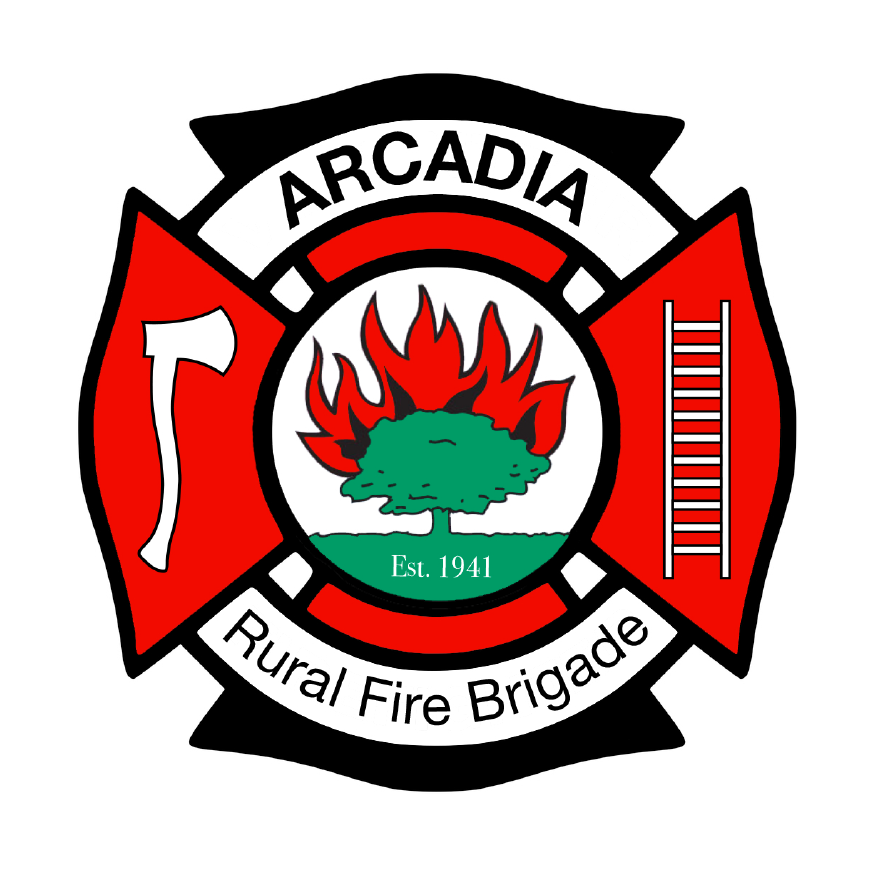Since our last article was written, the brigade’s activities have certainly changed. In response to Covid-19 the brigade has scaled back all activities, has been conducting online meetings to stay connected, and is following strict procedures to ensure we remain operational for the community. Arcadia, like the rest of the service, is taking this very seriously and wish to assure the residents of our community that the brigade is still here supporting them.
We have since left the Bush Fire Danger Period of 2019/2020 and have experienced that sought-after rain that has reinvigorated our surrounding land. Each year the message stays the same, do not become complacent and to use this time to continue property preparations for bush fires and ember attack, continue working on and improving fire safety plans. The Bush Fire Danger Period typically is from October 1 – March 31, and pile burns conducted within this time require a council permit and a NSW RFS permit. From April 1, Hornsby shire residents will require the council permit, which is available on the council website. Piles must comply with the standards set out. This includes the time of day the piles can be burnt, the type and size of material that can be burnt, the size and location of the pile itself, have continuous access to a water source, and must be conducted in a safe manner. Furthermore, the local Fire Control Centre, which is Hornsby Fire Control Centre (9883 2015) for Hornsby shire residents, must be notified with a minimum of 24 hours’ notice, as well as your neighbours. Be aware though, if we receive a Triple Zero (000) call we must investigate and if the pile burn has not adhered to the rules it will be extinguished, and in some cases fines can apply. Smoke from pile burns can be seen kilometres away so it is possible that it can still be called in to Triple Zero. You are helping us if you abide by these rules.
As we enter winter the use of fireplaces, heaters, electric blankets, and heat packs are used frequently. Did you know you should have your chimney and flue checked yearly? Chimney fires can happen quickly and occur due to the build up of residual creosote from unburned gases. This can appear as sooty powder, gummy residue, or a hard glaze. Remember to never place materials on or close to fireplaces or heaters as they too can cause fires. Heat packs should also never be taken to bed due to the increased fire risk, and electric blankets should also be inspected for any damage. Throughout summer we talk frequently about having a bush fire survival plan, but have you considered what your structural fire survival plan would be? That is your plan if your house caught on fire. You should have 2 ways of escaping each room and ensuring each member of the household know it, keeping keys near locked doors and windows to open them easily and quickly, have an agreed meeting place outside away from the structure, and once you’ve left the structure to not re-enter. You can find out more on the NSW RFS and FRNSW websites.
In April we received news that Commissioner Shane Fitzsimmons would be moving on from his role as commissioner of NSW RFS and moving to the role of Commissioner of Resilience NSW. We wish him all the best in this new role and thank him for his 35+ years of service with NSW RFS. We also wish to congratulate Rob Rogers in his new role as commissioner of NSW RFS. Shane, there is always a spot on the truck for you, be sure to stop by for a friendly chat!
*Image of an approved pile burn in Berrilee seen from Mt Ku-Ring-Gai

